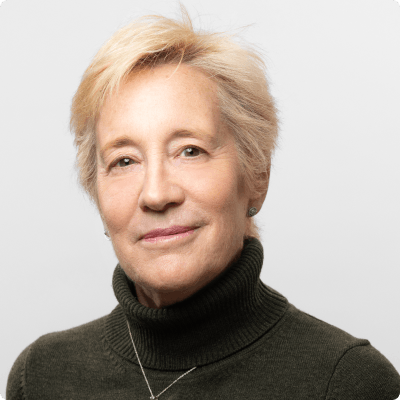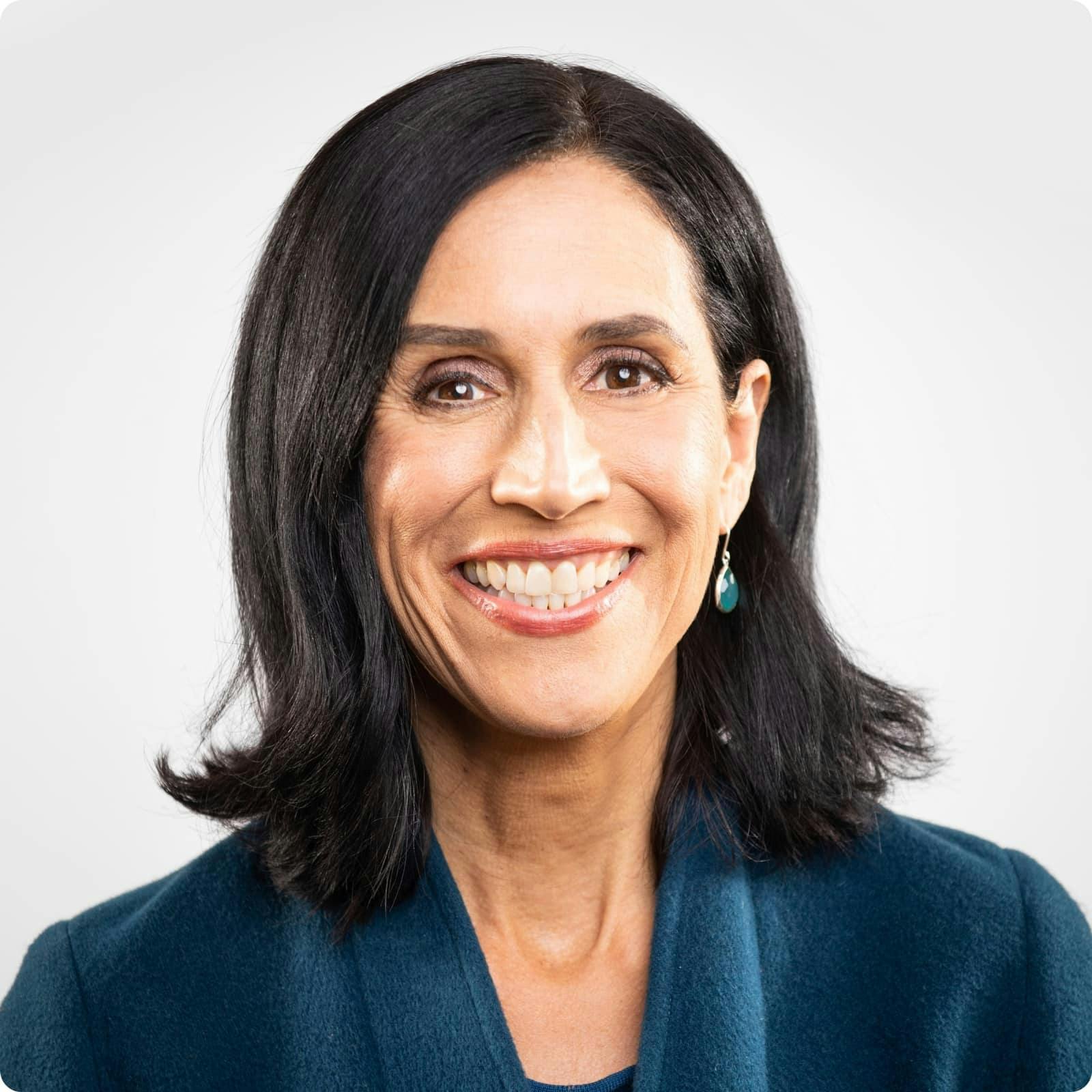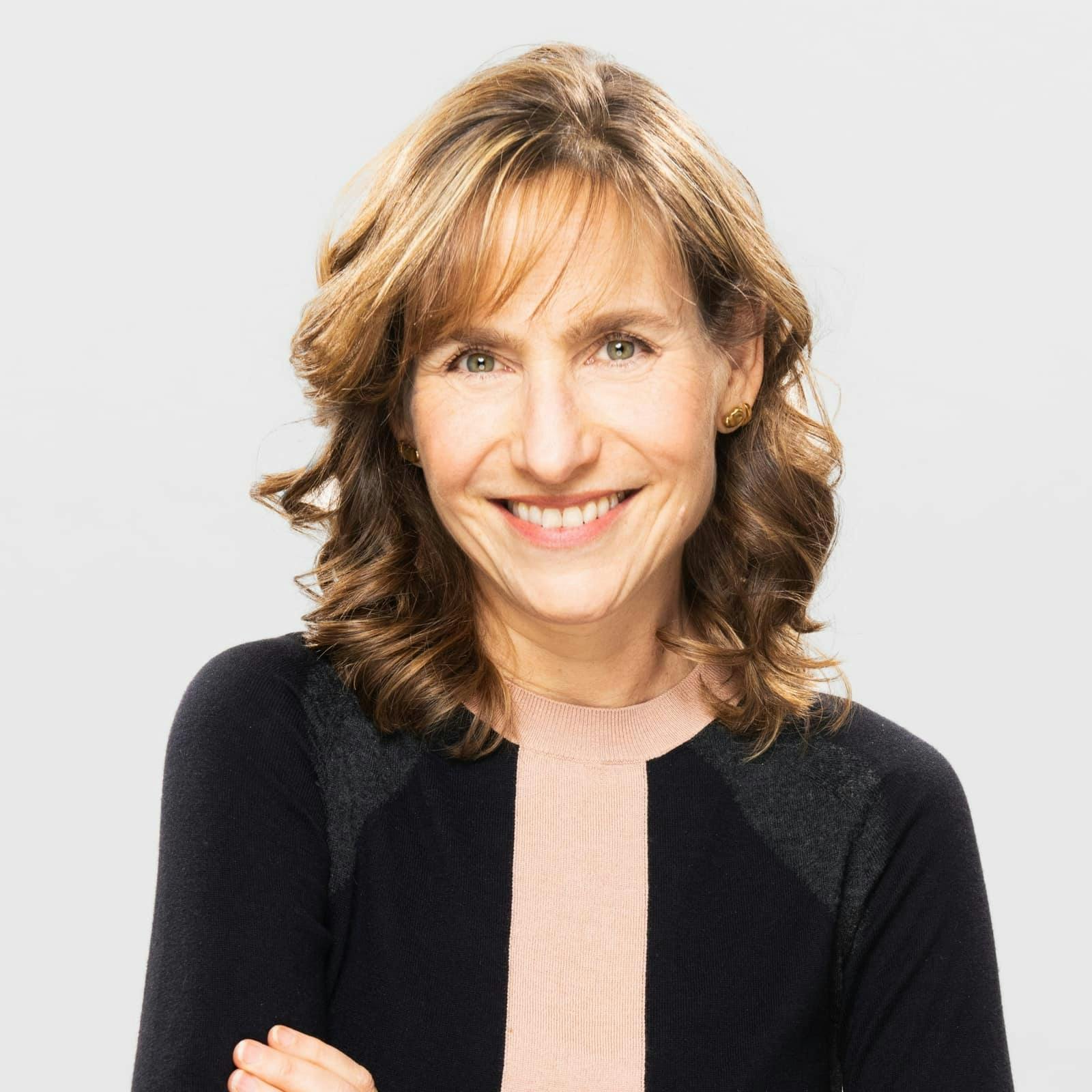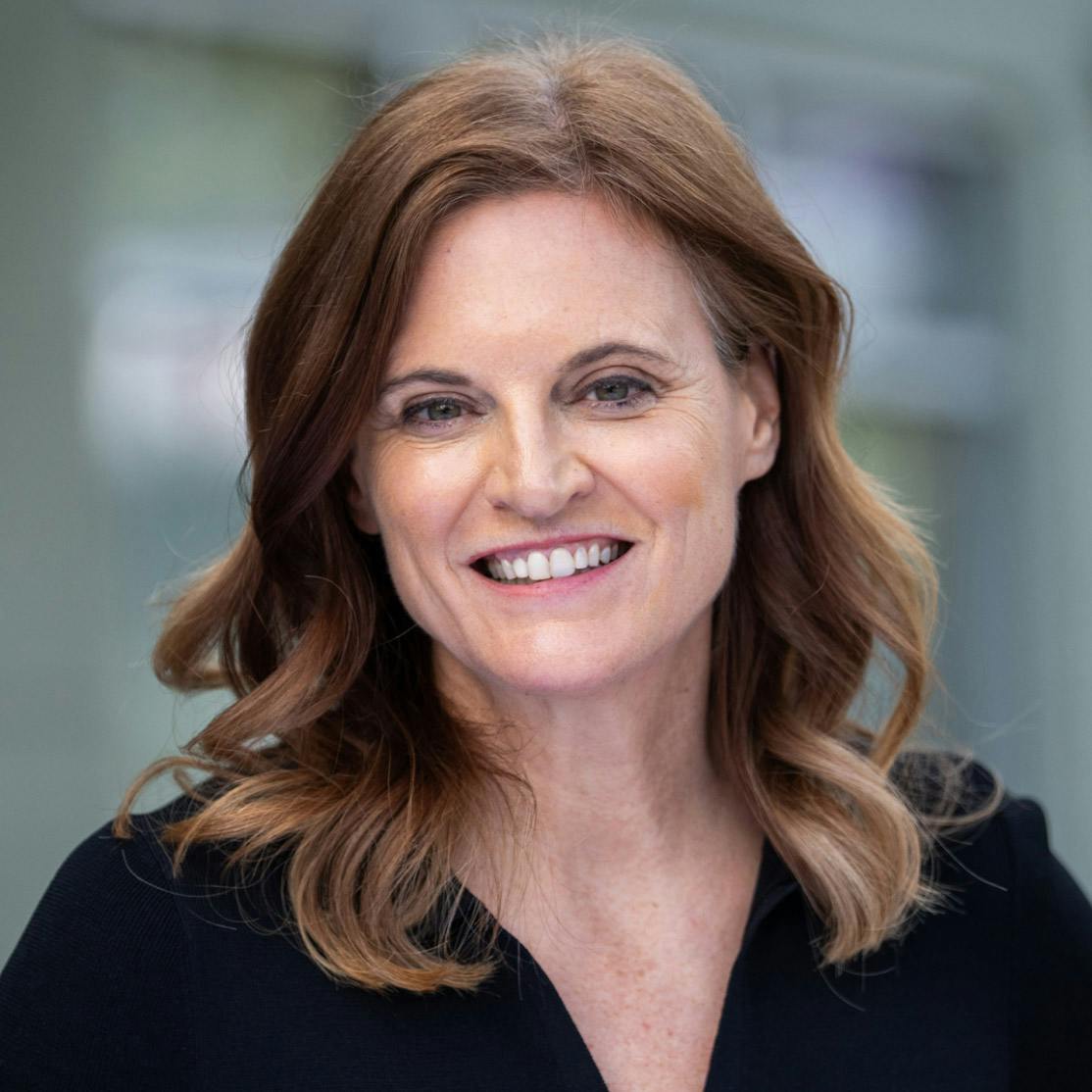As Midi’s Chief Clinical Officer, Dr. Mindy Goldman brings her decades of experience as an OB/GYN to all our patient care, but survivors of breast cancer and at-risk women are a special focus for her. Dr. Goldman is a nationally recognized expert in the menopausal symptoms that come with treatment for breast cancer, and how to improve them safely and effectively. Read about the personal loss that changed the course of her career, and ultimately brought her to Midi:
Stunned by a breast cancer diagnosis
“I came to UCSF for my training and felt lucky to be asked to join the faculty. Because I loved teaching and supporting the next generation of doctors, I was on track to become the residency director of the OB/GYN department. I’d been in practice six years when my closest friend Marina got breast cancer. I helped her get into UCSF for care, and supported her through the entire journey. On top of the side effects from surgery and chemotherapy, her treatments threw her into menopause, with all of the symptoms that come with it. She turned to acupuncture and Chinese herbs, and got through chemo and sudden menopause with remarkable energy. I’m a very western trained, traditional doctor, but I saw what those complementary therapies did for her, and it opened my mind.”
Charting a new direction
“Marina had really aggressive cancer that spread to her liver, lungs, and heart. She died only 18 months after her diagnosis. I took a leave of absence and cared for her at the end, alongside her partner and parents. It was one of the most intense times of my life, and afterwards I was hit with a realization: I needed to change what I was doing and use what I’d experienced to help breast cancer patients. So I joined the UCSF Breast Care Center to learn from breast surgeons and oncologists how to better take care of my patients with breast cancer. I also worked with Marina’s partner to set up a non-profit to expand access to complementary and integrative care for survivors, because I’d seen the impact of these approaches, but they most often weren’t covered by insurance. We called it the U’ilani Fund—that was Marina’s Hawaiian name—and I’m very proud that we were able to give more than 2000 grants to help women with breast cancer have a better quality of life.”
Answers for women caught in the middle
“As I cared for women at the UCSF breast cancer center, the same issues kept coming up over and over: hot flashes, vaginal dryness, bleeding, mood and sleep problems. Patients came in and said, ‘I’ve seen other providers and no one talked about my symptoms, or knew what options I could use to treat them.’ Their oncologist was sending them to their gynecologist, but the gyn wasn’t sure how to help, because of their cancer. Patients were caught in the middle. So I looked at the literature, and realized there wasn’t much out there to help clinicians care for them. That’s what got me started building a specialty that didn’t exist, bridging breast oncology and gynecology, focusing on specific women’s health issues related to cancer. I’ve spent the past 20 years working with oncologists and breast surgeons, helping to treat survivors, doing research, writing articles, and working with national organizations to help establish management guidelines. I do all this because I want this specialty to be there for the future, so when women get thrown into menopause from cancer treatment, doctors know exactly how to support them, safely.”
How to scale excellent care
“Right now, the wait list to see me is months long because I have many cancer survivors and high risk women that I care for, and I can only add about 10 new patients a week. It’s frustrating for them and for me. So I’m focused on two things: First, building a fellowship to train and nurture the next generation of clinicians in this speciality of medicine. And second, helping to launch and grow Midi, where my protocols and expertise will be used to care for survivors and at-risk women. Before I retire I want to scale what I do, influencing the care of thousands of patients a week, instead of 10. Then, I feel I will really have made a difference in this space.”
Mindy’s regimen
- Cardio, ideally every day, for metabolism, energy, and sleep (“I especially try to get in interval cardio, which seems to be good for breast cancer risk, because I do have breast cancer in my family.”)
- Minimal alcohol—again, to reduce breast cancer risk
- No red meat, subbing in protein sources from plants (“My daughter made this decision a few years ago and I wanted to support it.”)
- Vagifem vaginal estrogen, for vaginal dryness
Midi’s mission is to revolutionize healthcare for women at midlife, wherever they live and whatever their health story. We believe that starts with education, to help all of us understand our always-changing bodies and health needs. Our core values guide everything we do, including standards that ensure the quality and trustworthiness of our content and editorial processes. We’re committed to providing information that is up-to-date, accurate, and relies on evidence-based research and peer-reviewed journals. For more details on our editorial process, see here.
 Midi Team
Midi Team


